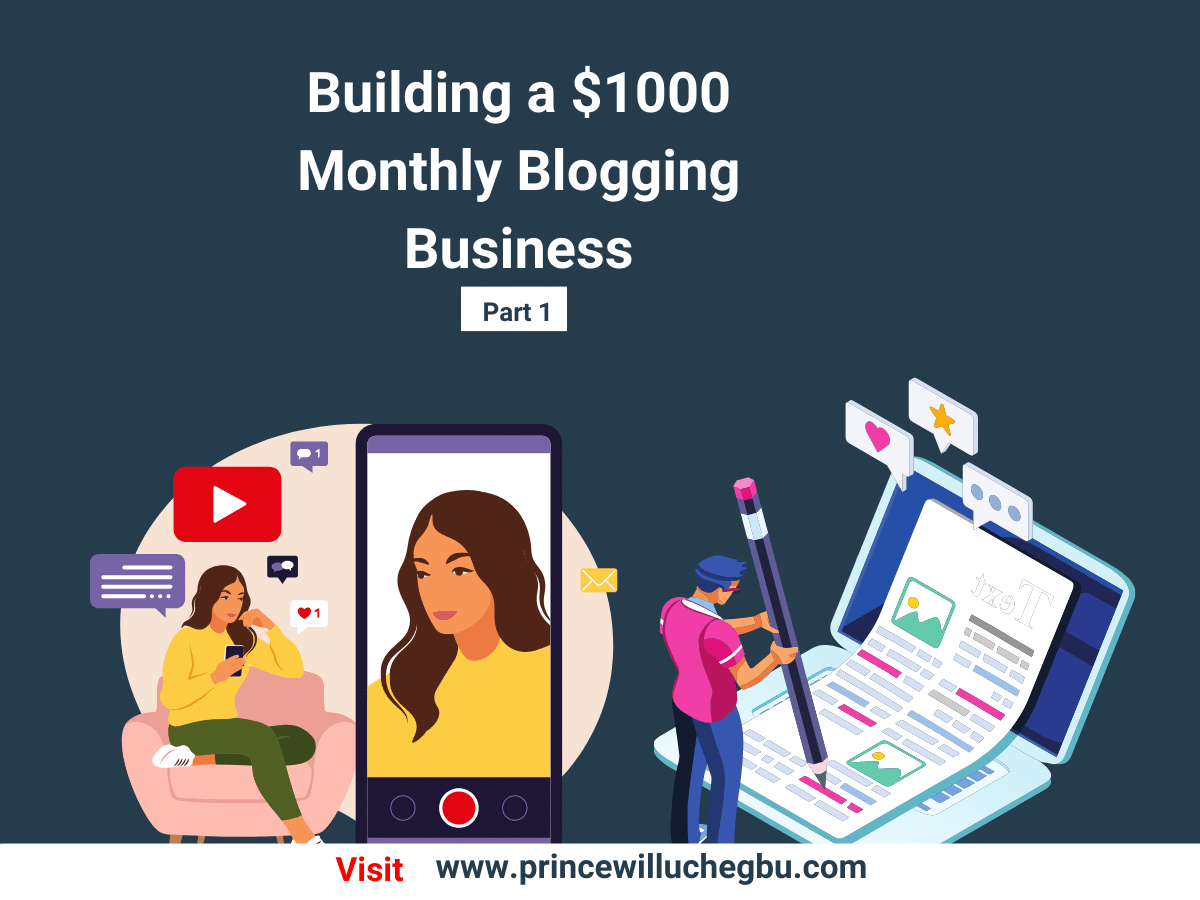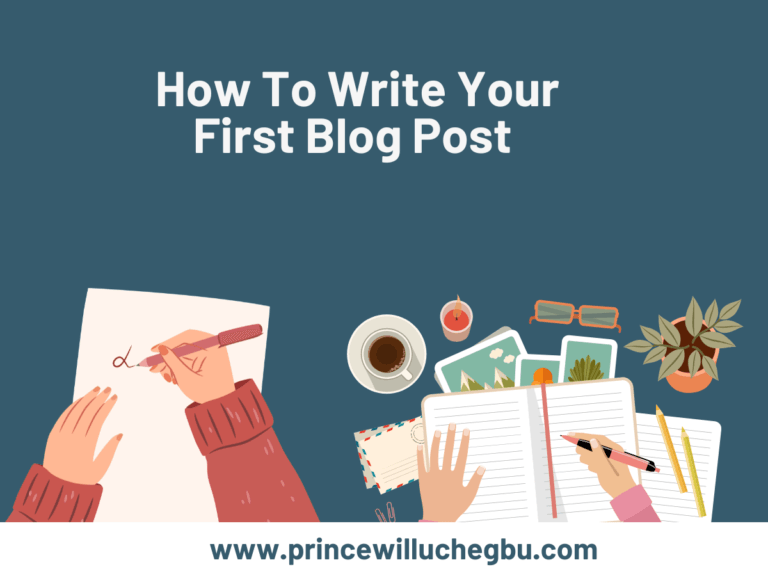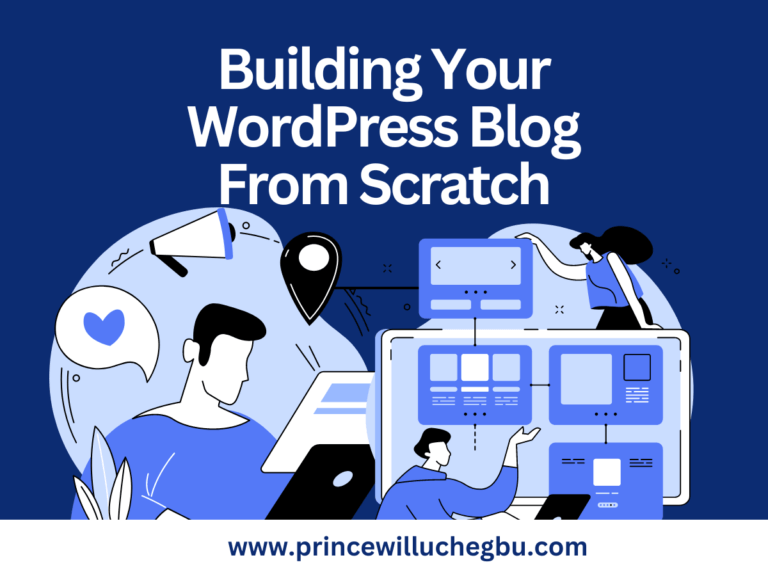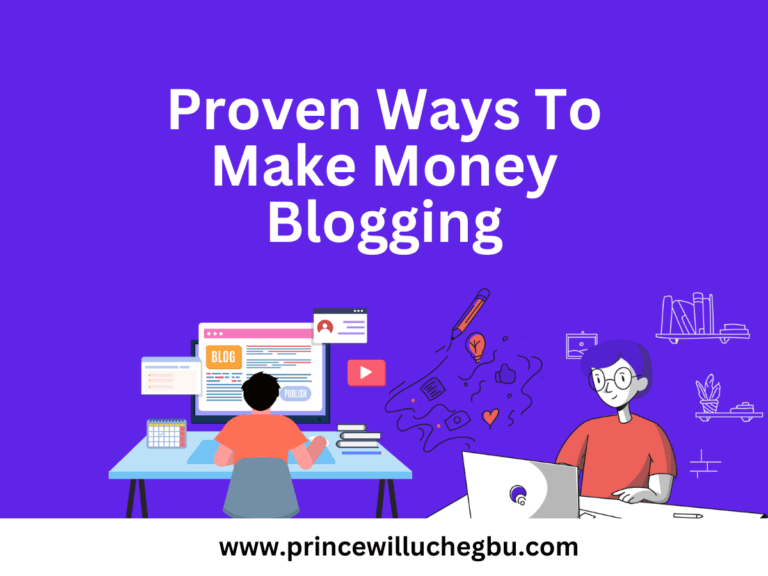Building a $1000 Monthly Business Through Blogging: Part 1
There’s no doubt that with the recent updates, the blogging ecosystem has witnessed a tremendous shift. There are thousands of bloggers putting out content without getting any organic search traffic. That’s the unfortunate reality many bloggers, both new and experienced, are currently facing.
So, how do you win the AI impact game?
How do you, as a wannabe blogger, begin today to create content that will start to bring in organic search traffic within a few minutes, hours, days, or weeks of publishing?
In our introductory epistle, I delved into many concepts that should prepare you for what is and what is to come.
One of the ideas I vehemently advocate for is playing the long-term game and being consistent.
I also revealed that an average “active” person online posts at least 19 times every month. Multiply that by 12 months in one year, and you get 228 posts. But that is small compared to the number of posts some people make in one year. People like me will post 1,000+ pieces of content in one year.
Anyway, be sure to read that post to avoid missing out on the foundation.
Today I’m going to focus on the skills you need to win the game and what you need to get started.
From my documentation of Google’s updates, starting from the Panda update of February 2011, the Penguin update of April 2012, the Hummingbird of August 2013, to RankBrain, Link Spam Update, and the most recent Google’s March 2024 update, also known as the Helpful Content update. One thing I’ve noticed is that Google has been focused solely on one thing: the user.
All the updates were focused on ensuring that a search user gets the most accurate information to solve the exact problem they are facing.
Note, Google’s updates didn’t start in 2011. The first was in 2003, known as Boston. Also, Google has had up to 40 different updates.
The idea is: if you align your content with Google’s overall vision—that a search user gets the most accurate information to solve the exact problem they are facing—you’ll always win, regardless of the update.
For this to happen, you need skills to maneuver and work side by side with Google’s mission.
These skills are what you can learn in under 7 days if you sit yourself down, but expertise comes with practice.
1. Research Skills
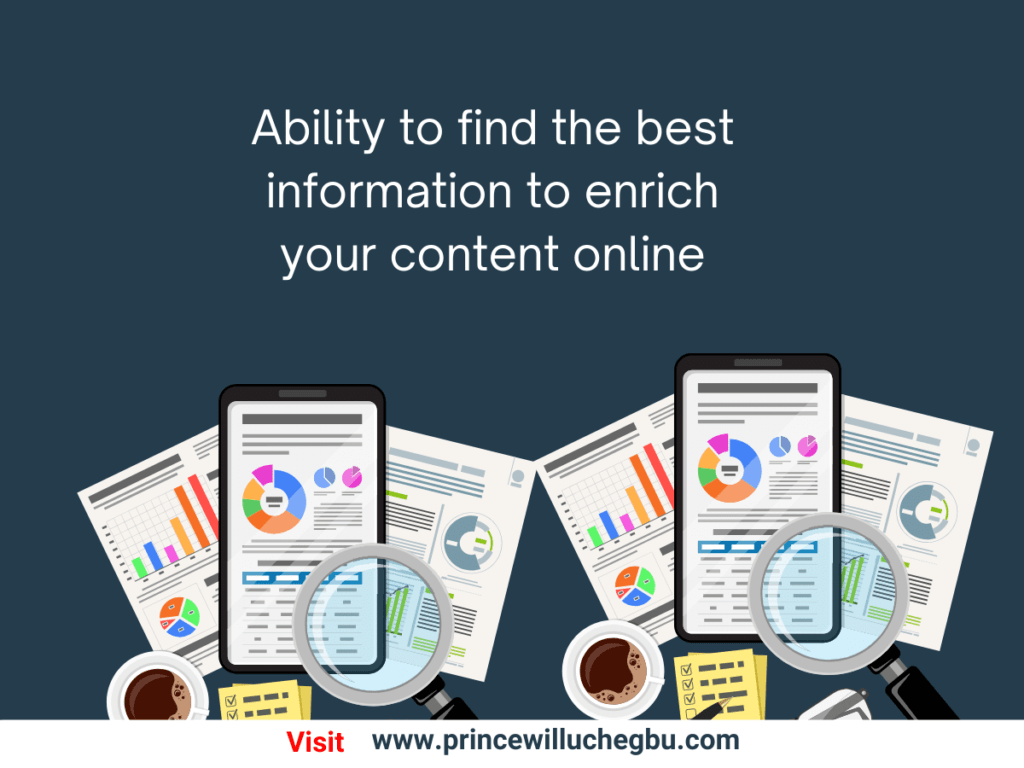
Researching is beyond just typing something into the Google search bar and opening the first five websites.
You need to be able to sift through to find the best ideas to add credibility and depth to your content. I believe every single piece of information you need is out there, but you have to cut through much to find them.
The best information on Google is not usually on the first page with your first search query.
This skill will also require you to scout for information from social media like Facebook, LinkedIn, YouTube, forums, and websites like Quora, even from books.
2. Writing and Editing Skills

You don’t need to be a wordsmith or a William Shakespeare to write good content. Just imagine your friend asked you to explain that topic. How would you explain it? Exactly!
That’s how to write your content. Then, over time, you can improve on it.
Also, you need to write error-free.
Google’s algorithm has developed to associate that with expertise and authority. Google, just like we humans, believes that an expert should be able to communicate eloquently.
Thankfully, there are platforms built to help you grade your writing for errors. One such platform is the Hemingway Editor.
Sometimes, I use the lazy man approach which involves me simply talking about the topic. When I’m done, I upload it to a transcriber and in a few minutes, I’ll have everything I said in text.
Isn’t life simple?
3. SEO Keyword Research Skills

This is where many bloggers miss the mark.
It’s not enough to have a blog.
For many people, blogging is about copying content from another blog and simply rewriting it. That era is over, especially if you don’t have money for arbitrage and you want to do SEO kind of blogging.
There are several key factors to SEO Keyword Research:
– Knowing what users are searching for.
– Knowing why they are searching for it.
– Knowing how many users are searching for it.
– Knowing when they are searching for it.
– Knowing who is currently ranking for the keyword.
– Knowing how competitive the keyword is.
– Knowing how much advertisers are paying for it.
– Knowing the secondary keywords users are using to search for the keywords.
If you understand all that, you can’t complain about not getting organic traffic.
Hopefully, I shall build on them in subsequent publications.
4. Ability to Use CMS
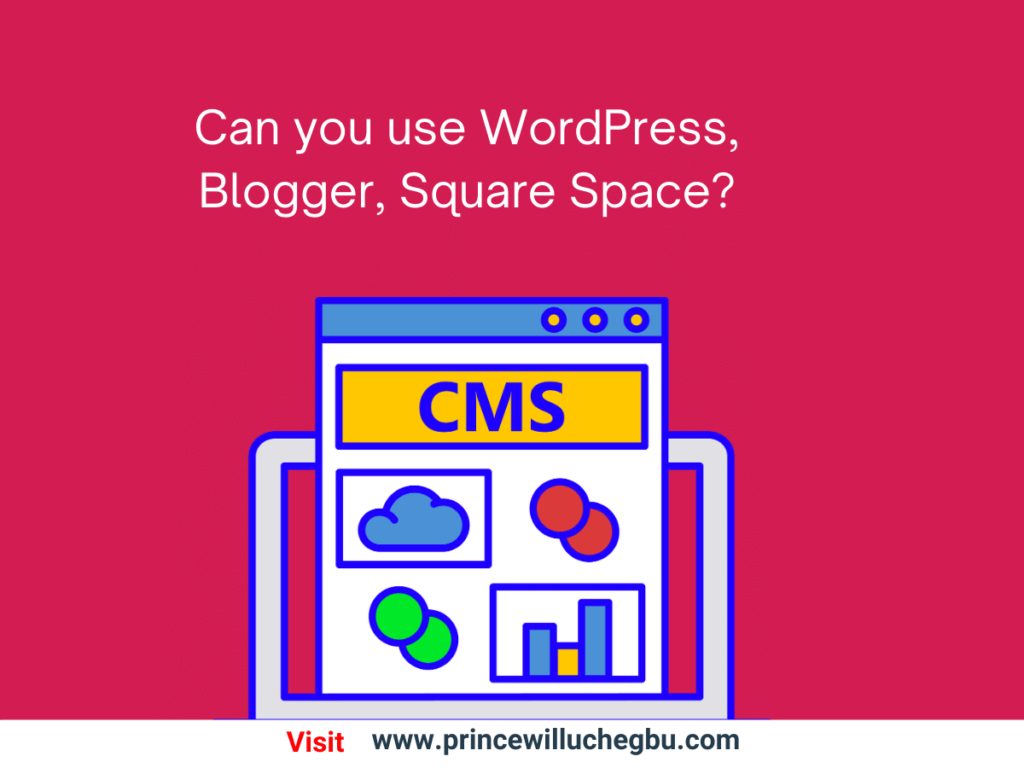
You must also understand how the Content Management System (CMS) you want to use to build your blog works.
There are many of them out there like WordPress, Blogger, etc.
You should at least know:
– How to post content
– How to add images
– How to do internal linking
– How to edit or delete posts
Knowing how it works also means knowing the different plugins or customizations needed to put your blog in proper shape and in alignment with Google’s policies.
Yes, it’s important to know whatever will extend the functionality of your blog.
Next!
You need:
1. A Domain Name
This would be the name of your blog. It’s your digital address in the online space. It’s something like www… facebook…. com.
In choosing a domain name, there are a few critical ideas you might want to consider. They are:
– The name should be short, easy to remember, and spell.
– The name should explain what the blog is about. For instance, a blog about business might consider a name that has “business” in it. This isn’t a must as you can use even your name to build a profitable blog. There are countless case studies to prove that.
– Avoid limiting names.
– Avoid culturally sensitive or obscene names.
2. A Hosting Account: While your domain name is your address on the Internet, your hosting account stores your information. Your domain name is your house address, your house is the hosting.
You need those two things to build your blog and start the next phase of this journey.
You can check out YouTube for videos on how to build a blog using any of the CMS platforms discussed above.
Alternatively, you can hire a web designer with good knowledge of SEO to handle it for you.
In our next episode, I’ll detail others.

